How to distribute the load in phases
What is important to know
This diagram conditionally illustrates a three-phase network:
The voltage between the phases of 380 volts is indicated in blue. Green indicates a uniform distributed line voltage. Red - voltage imbalance.
New, three-phase power grid subscribers in a private house or apartment, upon first connection, should not rely heavily on the initially evenly distributed load on the input line. Since several consumers can be powered from one line, and they may have problems with distribution.
First of all, you need to find out the voltage between the phases, as well as between L1-L3 and zero, by measuring them with a measuring device. If you started our portal review with this article, we recommend that you also familiarize yourself with multimeter instructions.
If after measurements you saw that there is deviations from rated voltages (more than 10%, according to GOST 29322-92), it is necessary to contact the power supply organization to take appropriate measures to restore phase symmetry. More aboutwhat is phase imbalance in the network, you can find out from our article.
According to the agreement between the subscriber and RES (on the use of electricity), the latter must supply high-quality electricity to the houses, with the specified phase and line voltage. The frequency should also match 50 hertz.
Distribution rules
When designing the wiring diagram, it is necessary to select the intended consumer groups as equally as possible and distribute them in phases. For example, each group of outlets in the rooms in the house is connected to its phase wire and grouped in such a way that the load on the network is optimal. The lighting lines are organized in the same way, distributing them along different phase conductors and so on: washing machine, oven, oven, boiler, boiler.
The diagram below shows the recommendations that will allow you to correctly distribute the load in phases in a private house or cottage:
We also advise you to watch a video that demonstrates an example of an assembly of a three-phase electrical panel:
Now you know how the load distribution should be carried out in phases in a private house and apartment. We hope the information provided was interesting and useful for you!
We also recommend reading:

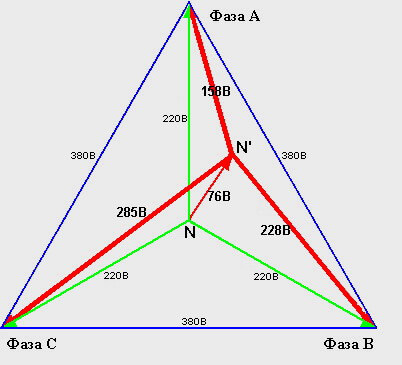
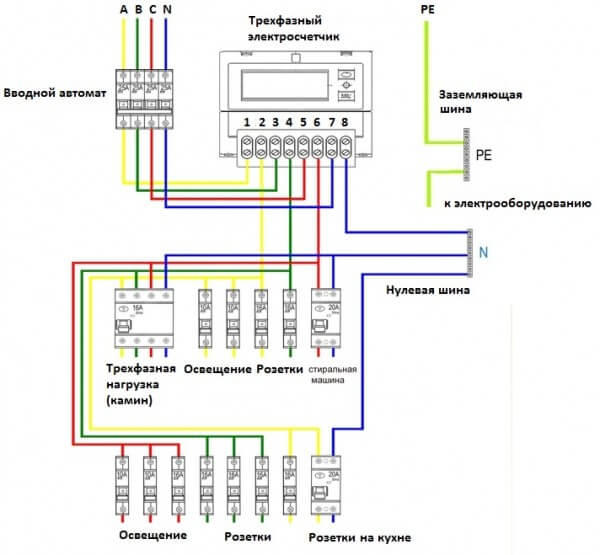
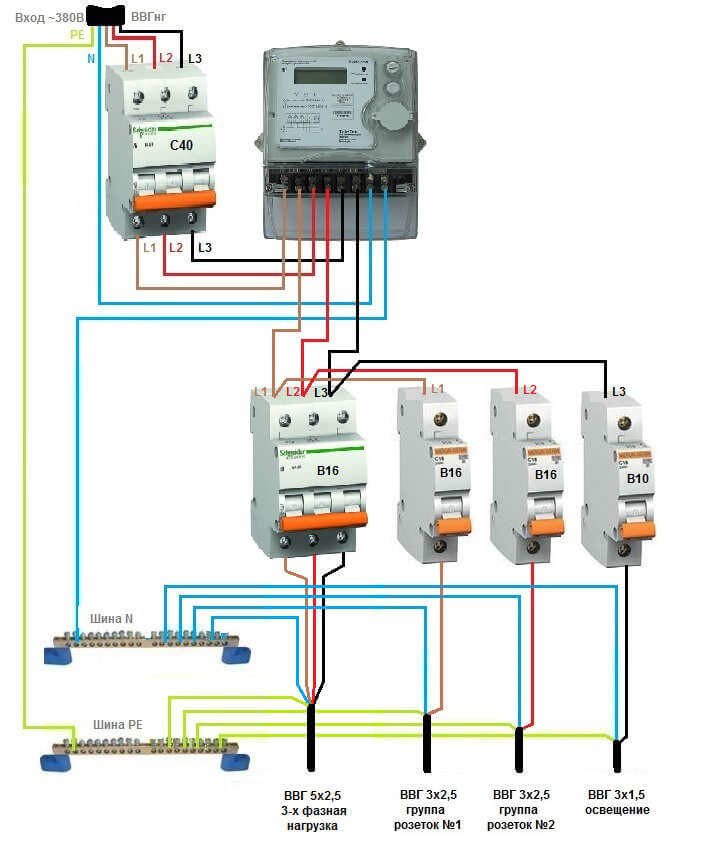


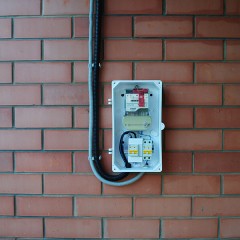
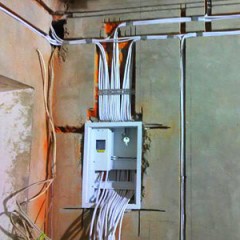
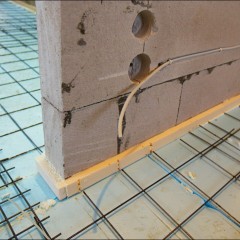

I want to put a trouble-free, and since I want a 3-phase expensive, I want to distribute the phases due to jumps
Can I put network on each phase?
Bet, only do not mess up the phases 🙂
Hello. The countryside. Of the three phases, no one carries normal voltage input. The summer indicators are A-235, V-245, S-252VV Moreover, these indicators are very active during the day. The regulator is installed on the compressor, cooling appliances, can not cope . He perceives jumps above 250 as critical and turns off the devices several times a day, protecting them. And this is to phase A. Two other phases are practically free in the summer. In winter, the opposite is true — the network is below 160v and the controller turns off the equipment already cause of voltage drop. What can be done with elat? Employees of the local RES explains the situation that there is no parsing letom.Konechno net.I stress that now consumers have to take care and provide analysis?
Good afternoon! Try to put an uninterruptible power supply device, it should help, it compensates or suppresses excessive voltage, thereby equalizing the electrical supply to consumers.
Hello, when designing an object, I had such a situation, a certain program calculated the load for me, the operating and starting current at a voltage of 380 volts L-L, Question
For example, the load is 0.6 kW, RT 5A, PT 8A, how to distribute correctly in phases, in bollards, or is there a certain formula to calculate the distribution? thank